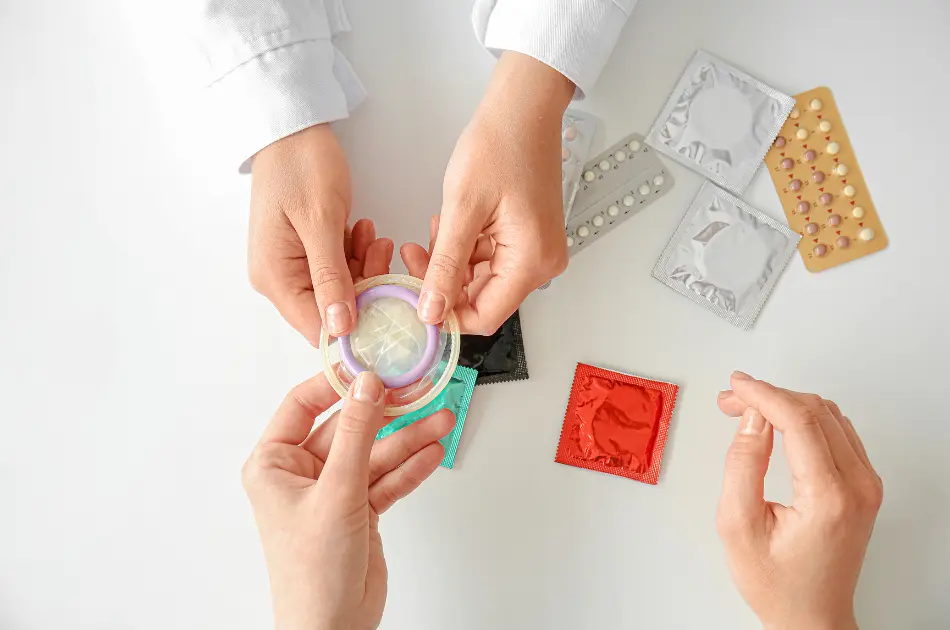Finland’s multifaceted approach to preventing teenage abortions has proven highly effective, with a 66 percent reduction reported between 2000 and 2023. This large drop, owing to free contraception and obligatory sex education, serves as a model for public health programs.
The impact of free contraception
Finland’s choice to provide free contraception to teens has been game-changing. Mika Gissler, a research professor at the Finnish Institute of Health and Welfare (THL), emphasized the importance of early access to contraception in this beneficial trend. “We can assume that sexual education plays a significant role,” Gissler told Reuters, highlighting the value of both instruction and accessibility.
Beginning in the 2000s, Finland made morning-after medicines available without a prescription to everyone aged 15 and up. This measure was part of a larger campaign to combat the increased number of adolescent abortions that occurred during the 1990s. Finland created the groundwork for a continuous fall in teen abortion rates by ensuring that adolescents have the ability to avoid undesired pregnancies.
Comprehensive sexual education
In addition to providing free contraception, Finland made sexual education obligatory in all schools. This effort ensures that young people are knowledgeable about their sexual health and the options available to them. The integration of education and access has been critical. According to THL statistics, adolescent abortions have decreased dramatically, from 2,144 in 2000 to 722 in 2023 among those aged 19 and younger. The reduction was considerably more dramatic among those under the age of 18, accounting for 78 percent.
Legislative support and wider trends
Finland liberalized its abortion regulations in 2022, allowing abortions on request throughout the first 12 weeks of pregnancy without providing a justification. This legal amendment, which takes effect in September 2023, illustrates Finland’s progressive approach to reproductive rights, particularly in a global environment where such rights are under attack in many places.
While it is too early to know the entire impact of this legal reform on abortion rates, the move is intended to strengthen women’s reproductive health and rights. THL will continue to monitor and report on these patterns as new data become available.
A broader perspective
Although the decline in adolescent abortions is remarkable, the decrease in abortions among Finnish women of all ages is less spectacular. Over the last two decades, the overall number of abortions has stayed largely steady, with a little 2.9 percent increase from 2022 to 2023. This shows that, while youth gain from improved education and access to contraception, further interventions may be required to assist older age groups.
Finland’s accomplishment in lowering adolescent abortions by 66 percent demonstrates the efficacy of a complete program that includes free contraception and doesn’t shy away from mandatory sex education. As the government adjusts its policies and monitors their effectiveness, it provides a valuable model for other countries looking to enhance reproductive health and minimize unwanted pregnancies.



In the UK (at least from what I know from sex education), they’re actually pretty popular. They’re a good method of contraception.